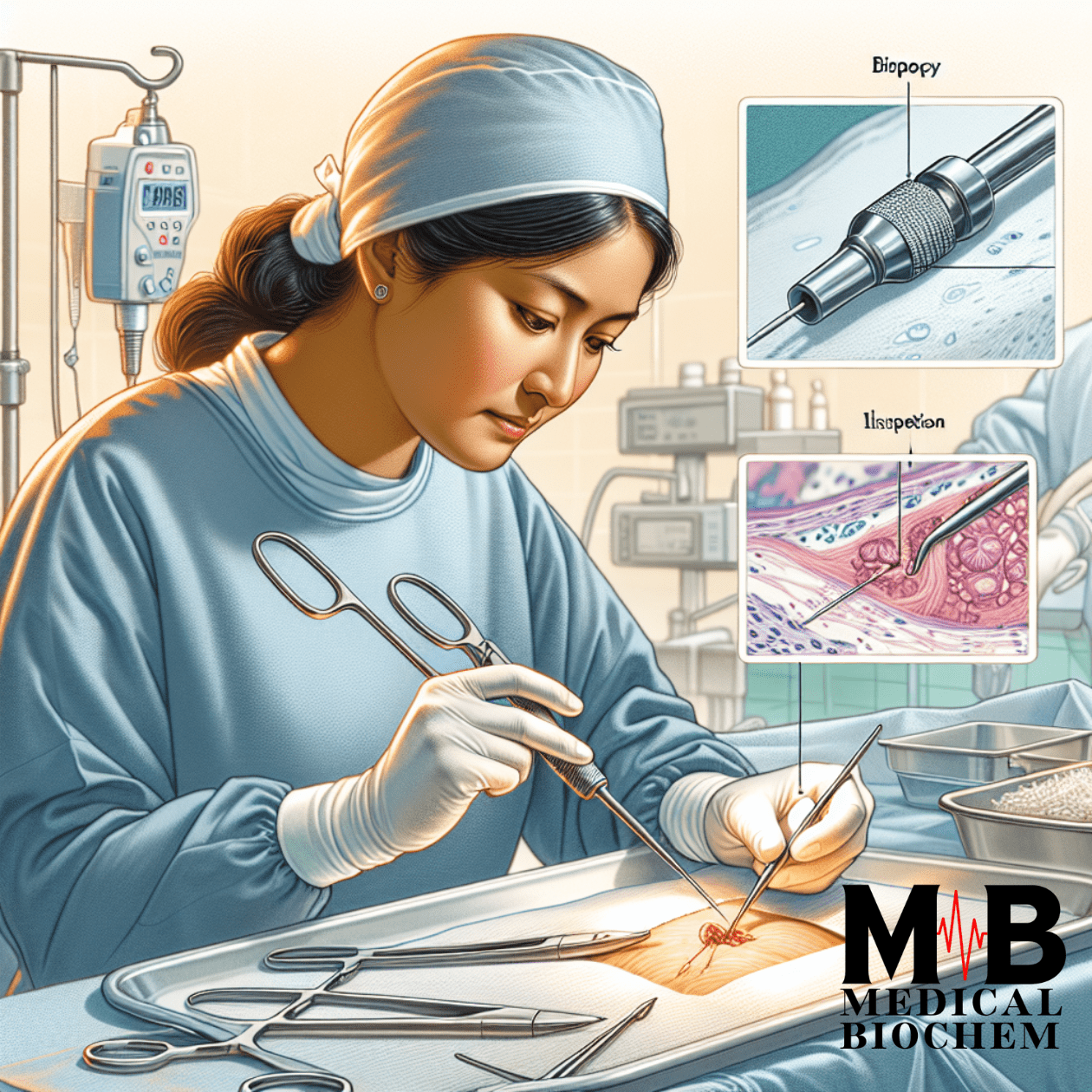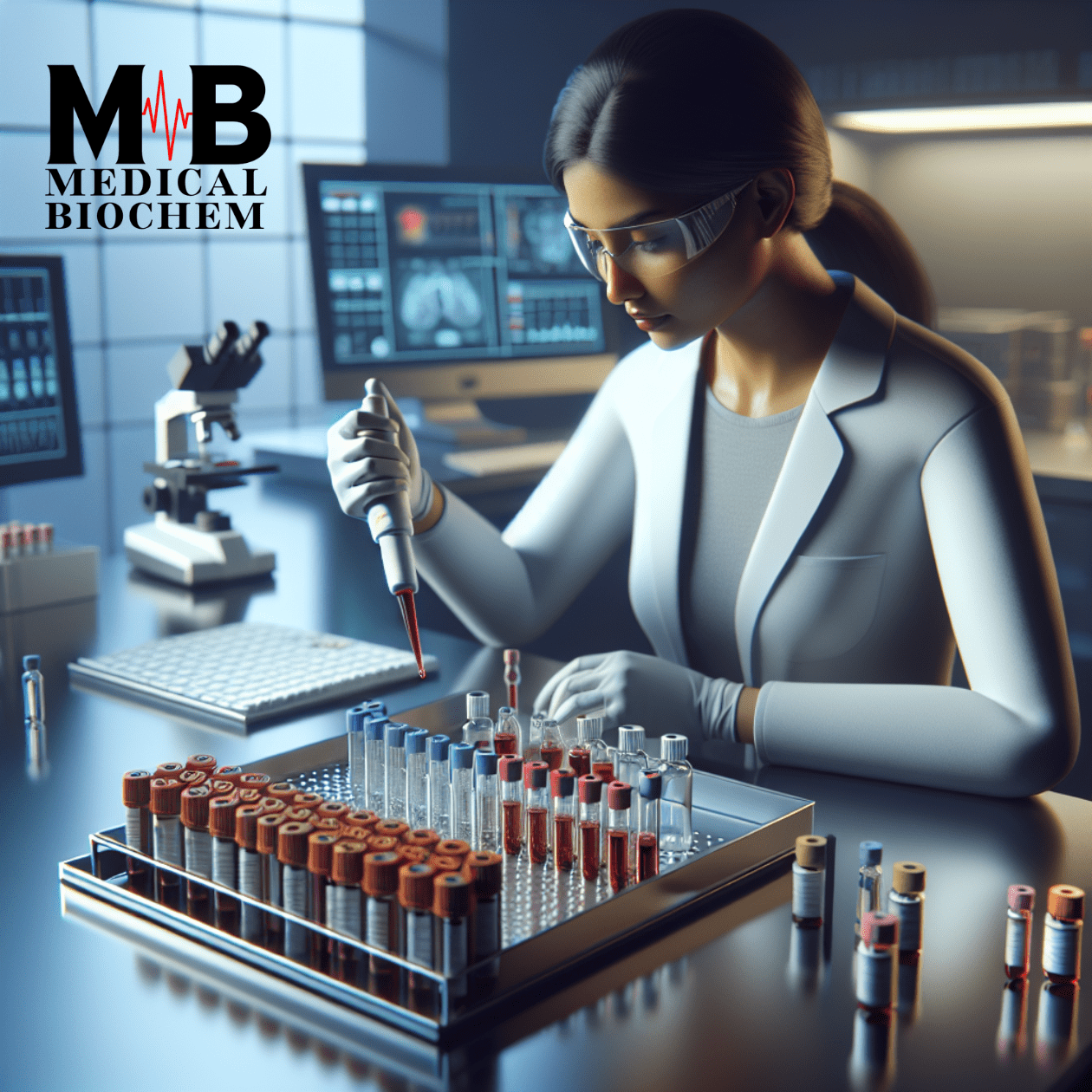Introduction
In today’s fast-paced world, it’s easy to overlook our health until a problem arises. Often, we only seek medical care when symptoms appear, but by then, it might be too late to prevent more serious issues. This is where medical tests come in. These vital screenings help detect potential health concerns early, ensuring that we can take the necessary steps to protect and improve our health. Understanding the basics of medical tests is key to staying informed and proactive about your well-being.
What Are Medical Tests?
Medical tests are procedures or examinations performed to assess health status, diagnose diseases, or monitor treatment progress. They provide valuable insights into the body’s functioning, allowing healthcare providers to make informed decisions about your care. Medical tests come in various forms, including blood tests, imaging, biopsies, and more, each serving a different purpose in evaluating specific aspects of health.
These tests are not just for diagnosing illnesses. They can be preventive, helping doctors detect potential issues before they become significant. Regular testing plays a crucial role in maintaining long-term health and preventing the onset of chronic conditions.
Types of Medical Tests
Medical tests are broadly categorized into a few different types, based on the method and purpose of the examination. Understanding these categories helps clarify why certain tests are needed for specific conditions.


1. Blood Tests
Blood tests are some of the most commonly performed medical tests. They analyze the composition of your blood to reveal various details about your health, from cholesterol levels to signs of infection or inflammation. Here are a few types of blood tests:
- Complete Blood Count (CBC): This test measures different components of your blood, including red blood cells, white blood cells, and platelets. It helps diagnose conditions like anemia, infections, and certain cancers.
- Lipid Profile: A lipid profile evaluates cholesterol and triglyceride levels, helping assess heart health and the risk of cardiovascular disease.
- Blood Glucose Test: This test measures the amount of sugar in your blood and is critical for diagnosing and managing diabetes.
2. Imaging Tests
Imaging tests provide a visual representation of the inside of your body, aiding in diagnosing a wide range of conditions. Some common imaging tests include:
- X-rays: X-rays are often used to examine bones for fractures or dislocations, but they can also detect lung infections or tumors.
- Ultrasound: This test uses sound waves to create images of organs and tissues. It’s commonly used during pregnancy and to examine the heart, liver, kidneys, or abdomen.
- Magnetic Resonance Imaging (MRI): MRI scans use magnets and radio waves to create detailed images of organs and tissues. They’re highly effective in diagnosing conditions related to the brain, spinal cord, and joints.
3. Urine Tests
Urine tests analyze the composition of your urine to provide information about your kidneys, urinary tract, and metabolic processes. Common urine tests include:
- Urinalysis: This test examines the appearance, concentration, and content of urine to detect conditions like urinary tract infections (UTIs), kidney disease, and diabetes.
- 24-hour Urine Collection: This test gathers all urine produced in 24 hours to assess kidney function and detect abnormal levels of substances such as proteins or hormones.
4. Biopsies
Biopsies involve taking a small sample of tissue from your body to examine under a microscope. This type of test is crucial in diagnosing cancer and other abnormal tissue growths. Types of biopsies include:
- Needle Biopsy: A doctor inserts a needle to remove a tissue sample for testing.
- Surgical Biopsy: In some cases, a small surgery is required to collect the sample.
- Endoscopic Biopsy: This biopsy uses an endoscope (a tube with a camera) to guide the collection of tissues from inside the body.
Why Are Medical Tests Important?
Medical tests play an essential role in healthcare, providing several benefits to patients and doctors alike. Here’s why they matter:
1. Early Detection
One of the primary benefits of medical tests is early detection. Many diseases, such as cancer, diabetes, and heart disease, don’t show symptoms in the early stages. By the time symptoms manifest, the condition might have progressed. Regular testing helps catch these issues early, often when they’re more treatable.
2. Monitoring Health
Medical tests allow doctors to monitor the progression of a disease or the effectiveness of a treatment. For chronic conditions like diabetes or hypertension, regular blood tests or imaging help track how well your body is responding to medication or lifestyle changes.
3. Preventive Care
Regular testing, such as cholesterol or blood pressure checks, can help prevent serious conditions. For instance, routine screenings can alert you to high cholesterol levels, prompting lifestyle adjustments to reduce your risk of heart disease.
4. Tailored Treatment
Medical tests provide detailed insights into your unique health profile. This helps doctors personalize treatments, ensuring you receive the most effective medications or therapies based on your test results.
How to Prepare for Medical Tests
Proper preparation can influence the accuracy of your test results. Here’s a basic guide on how to prepare for common medical tests:
- Fasting: Some blood tests, like cholesterol or glucose tests, require fasting for 8–12 hours. Avoid eating or drinking anything other than water before these tests.
- Medication Disclosure: Inform your doctor about any medications you’re taking, as they may affect test results.
- Hydration: Staying hydrated can make certain tests, like blood draws, easier and more comfortable.
- Rest and Relaxation: Try to stay calm and relaxed before tests. Stress can impact your blood pressure, heart rate, and other measurements.
Always follow specific instructions from your healthcare provider to ensure the best possible outcome.
What to Expect During Medical Tests
Medical tests can range from simple and quick, like a blood draw, to more complex procedures like MRIs or biopsies. Here’s a general idea of what you can expect:
- Blood Tests: A healthcare professional will use a needle to draw blood from a vein, usually in your arm. The process is quick and relatively painless.
- Imaging Tests: Depending on the test, you may need to lie still while the machine takes images. Some imaging tests, like MRIs, can take 30 minutes to an hour.
- Biopsies: Biopsies may require local anesthesia to numb the area. You may feel some pressure during the procedure, but discomfort is usually minimal.
After your test, your doctor will review the results and discuss any further steps with you.
Conclusion
Medical tests are an essential part of maintaining your health. They help diagnose conditions and allow for early detection and preventive care, giving you the chance to take control of your well-being. Understanding the different types of medical tests and their purposes can make the experience less intimidating and empower you to make informed decisions about your health.
Ready to take charge of your health? Schedule your routine medical tests today and stay ahead of potential health issues. Your body will thank you later! Contact your healthcare provider now to book an appointment.

